Glorious Twelfth: has grouse shooting had its day?
Grouse shooting is still worth millions to the economy but does the sport fit with modern society?
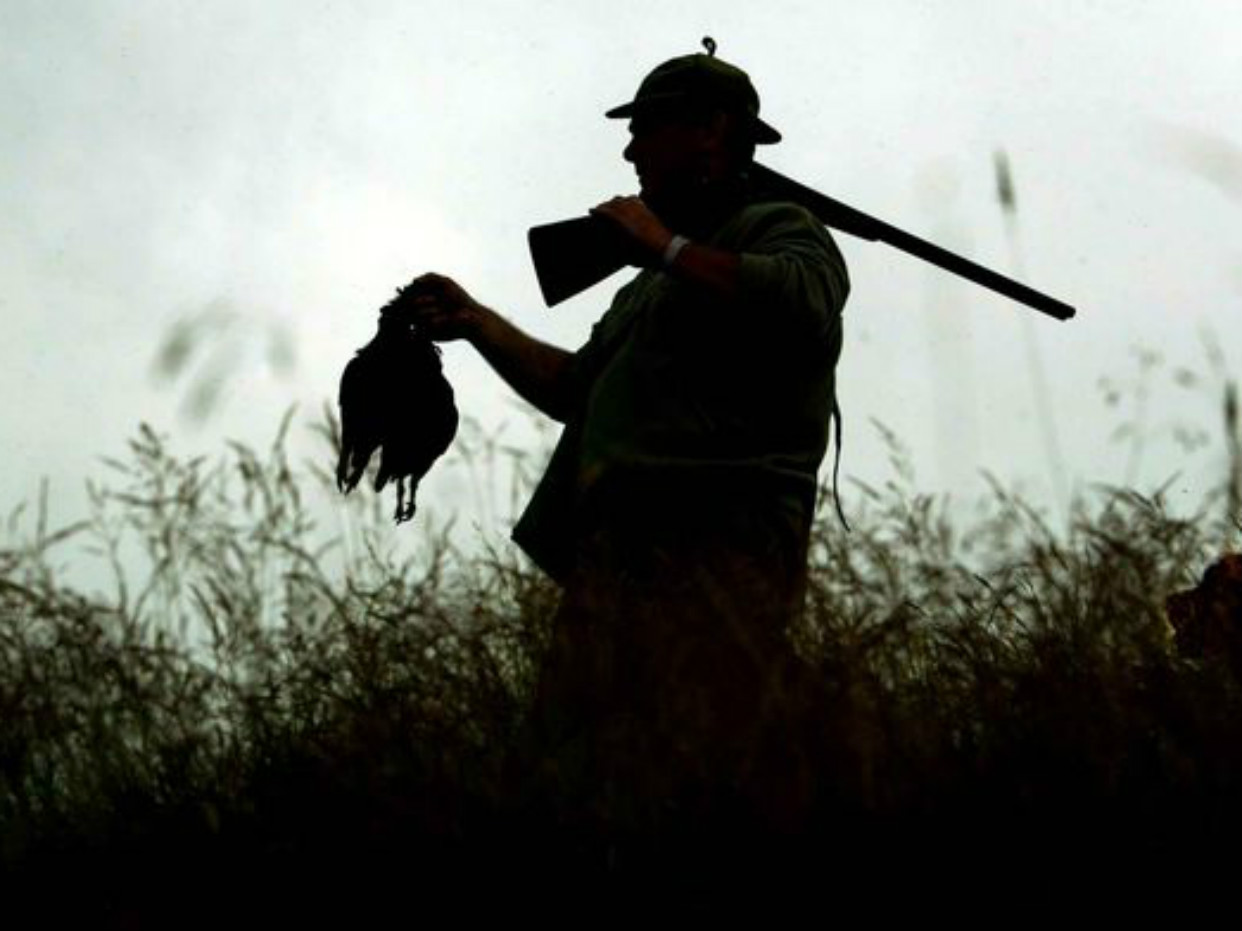
A free daily email with the biggest news stories of the day – and the best features from TheWeek.com
You are now subscribed
Your newsletter sign-up was successful
Campaigners have renewed calls for a ban on grouse shooting as the sport's supporters welcome the "Glorious Twelfth" - the first day of the season.
The 2024 shooting season is the first since the Wildlife Management and Muirburn (Scotland) Act was passed and charities hope the legislation – aimed at protecting birds of prey and regulating the grouse-shooting industry – will bring "positive change" for nature on both sides of the border, said STV News.
Grouse-shooting enthusiasts say it is a sport that brings irreplaceable income to the shooting heartlands, but this year's season promises to be a "not-so-glorious Twelfth", said The Telegraph.
The Week
Escape your echo chamber. Get the facts behind the news, plus analysis from multiple perspectives.

Sign up for The Week's Free Newsletters
From our morning news briefing to a weekly Good News Newsletter, get the best of The Week delivered directly to your inbox.
From our morning news briefing to a weekly Good News Newsletter, get the best of The Week delivered directly to your inbox.
What is the Glorious Twelfth?
Every 12 August, men and women come from all over the world to British moorlands for the opening of the grouse-hunting season, which continues until December.
More than 1.7 million hectares of moorland are managed for the sport across Scotland and the north of England, where the birds are found. According to NatureScot, driven grouse shooting is worth an estimated £30 million a year to Scotland's economy.
"Grouse shooting employs more people per hectare than other similar land uses in upland areas," Peter Clark, the director of the British Association for Shooting and Conservation in Scotland, told The Press and Journal.
What's different this year?
This year is "set to be a washout", said The Telegraph, because a "cold, wet start to summer" has resulted in a "perfect storm" for the wild birds, with some moors "cancelling their entire season because of a lack of grouse". This could cost businesses that rely on the shoots "hundreds of thousands of pounds" as hotels and pubs "lie empty", it added. Adrian Blackmore, the director of shooting at the Countryside Alliance, said that "sadly for many this year, the 12th will be anything but glorious".
A free daily email with the biggest news stories of the day – and the best features from TheWeek.com
For the first time, grouse moors in Scotland must hold a licence for shooting under new powers brought in earlier this year to reduce the unlawful killing of birds of prey by gamekeepers. "In time", these powers could also "influence the Labour government in London" to impose tighter controls on English grouse moors, said Prof Colin Galbraith, an expert in bird of prey persecution expert, in The Guardian.
In the meantime, as moors begin to "echo to the sound of shotguns and estate vehicles", animal welfare and conservation charities want Scotland's laws to be "extended further".
What's the controversy?
Some campaigners oppose the idea of killing any birds for sport, while others worry specifically for the hen harrier. The harriers that prey on grouse have long been targeted by gamekeepers, who have brought their numbers to the brink of extinction.
A government action plan to save the species, which included providing hen harriers with an alternative source of food and removing their eggs from grouse moors for hatching elsewhere, was dismissed as insufficient by campaigners.
Revive, a coalition of wildlife charities that opposes grouse shooting, and the RSPB want the government to force gamekeepers to also count the stoats, foxes, weasels and crows that are killed each year to protect grouse chicks.
The League Against Cruel Sports Scotland told The Guardian its calculations suggested that between 120,000 and 260,000 wild animals – many of which do not eat grouse – were shot or killed by traps and snares on grouse moors each year.
What does the future hold?
Brian Etheridge, a former Highland RSPB officer, told The Press and Journal that "as far as I'm concerned, if the shooters cannot maintain this sport without killing protected birds of prey", then "I don’t think it's got any place in modern society".
But Tim Bonner, chief executive of the Countryside Alliance, said that although "from time to time we all may have to face up to the fact that the numbers are against us", that "does not mean that we cannot influence the outcome of legislation".
-
 How the FCC’s ‘equal time’ rule works
How the FCC’s ‘equal time’ rule worksIn the Spotlight The law is at the heart of the Colbert-CBS conflict
-
 What is the endgame in the DHS shutdown?
What is the endgame in the DHS shutdown?Today’s Big Question Democrats want to rein in ICE’s immigration crackdown
-
 ‘Poor time management isn’t just an inconvenience’
‘Poor time management isn’t just an inconvenience’Instant Opinion Opinion, comment and editorials of the day
-
 How Niger got here and what it could mean for West Africa's future
How Niger got here and what it could mean for West Africa's futureIn Depth The nation is in turmoil following a military coup
-
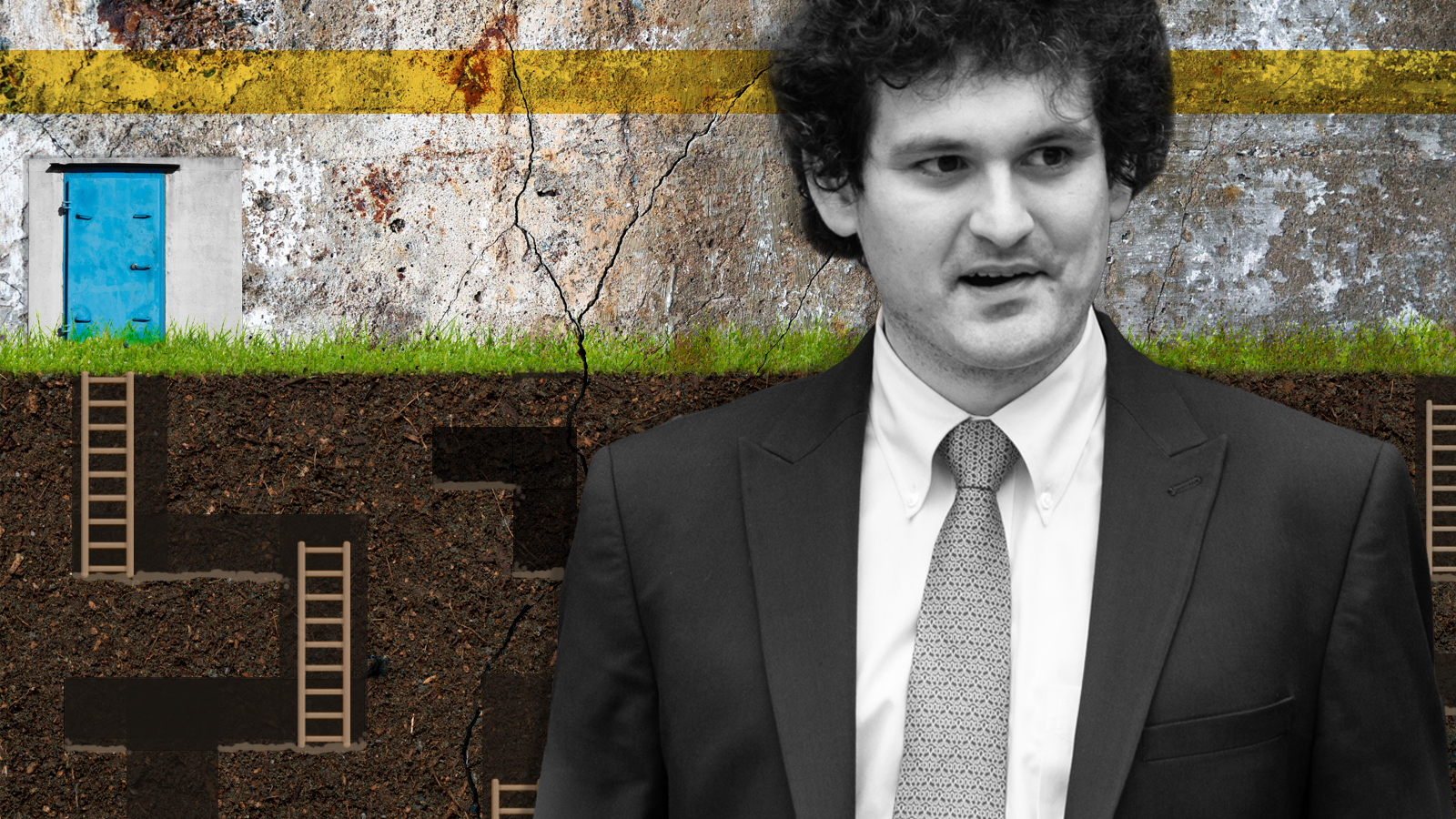 Inside the billionaire business plan for the apocalypse
Inside the billionaire business plan for the apocalypseIn Depth It's the end of the world as we know it and they (want to) feel fine
-
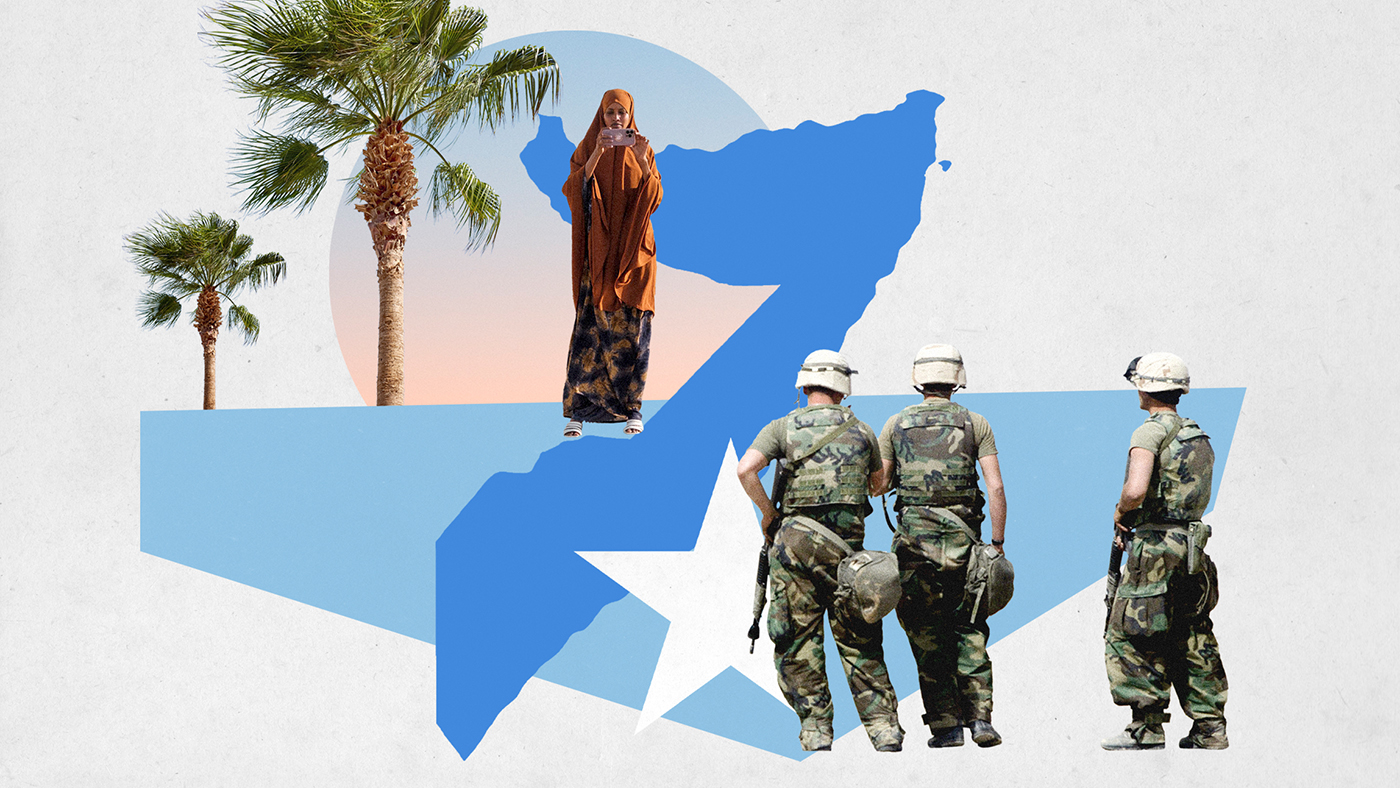 The U.S. military's ongoing presence in Somalia
The U.S. military's ongoing presence in SomaliaIn Depth The conflict in Somalia is not often talked about, but there has been an on-and-off American presence in the country since at least 2007
-
 The weapons helping Ukraine fight back
The weapons helping Ukraine fight backIn Depth From rocket launchers to Leopard 2 tanks, a closer look at the weapons and systems Ukraine has used to keep Russia at bay
-
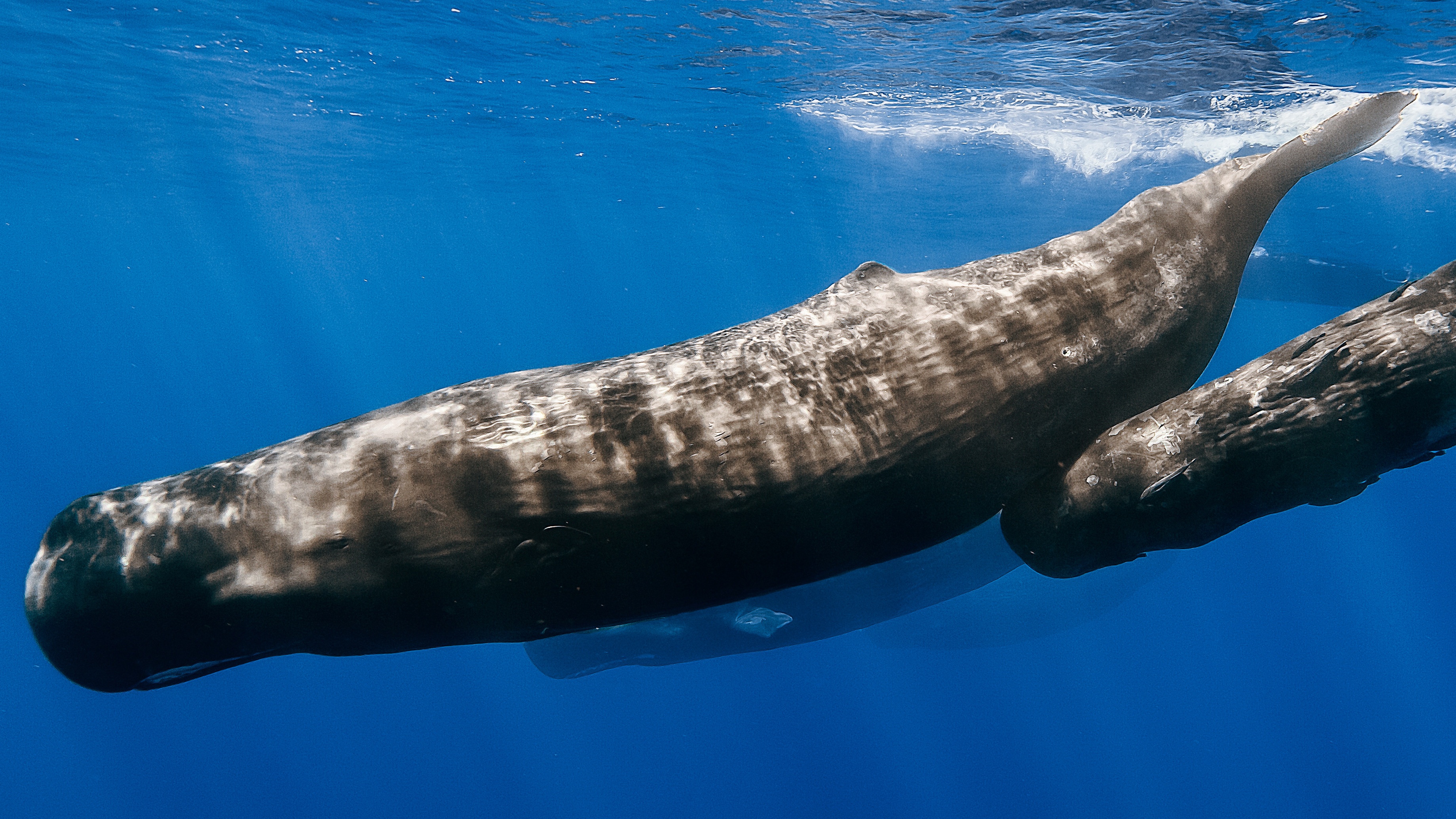 ‘Moby click’: whales taught each other to avoid harpoons
‘Moby click’: whales taught each other to avoid harpoonsSpeed Read Experts say sperm whales shared behaviours to outmanoeuvre 19th-century hunters
-
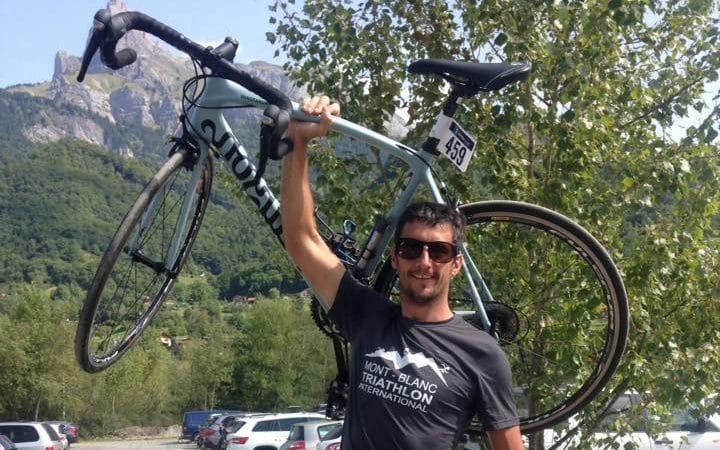 British cyclist shot dead by hunter in Alps ‘mistaken for boar’
British cyclist shot dead by hunter in Alps ‘mistaken for boar’Speed Read Restaurant owner Marc Sutton was killed while riding mountain bike
-
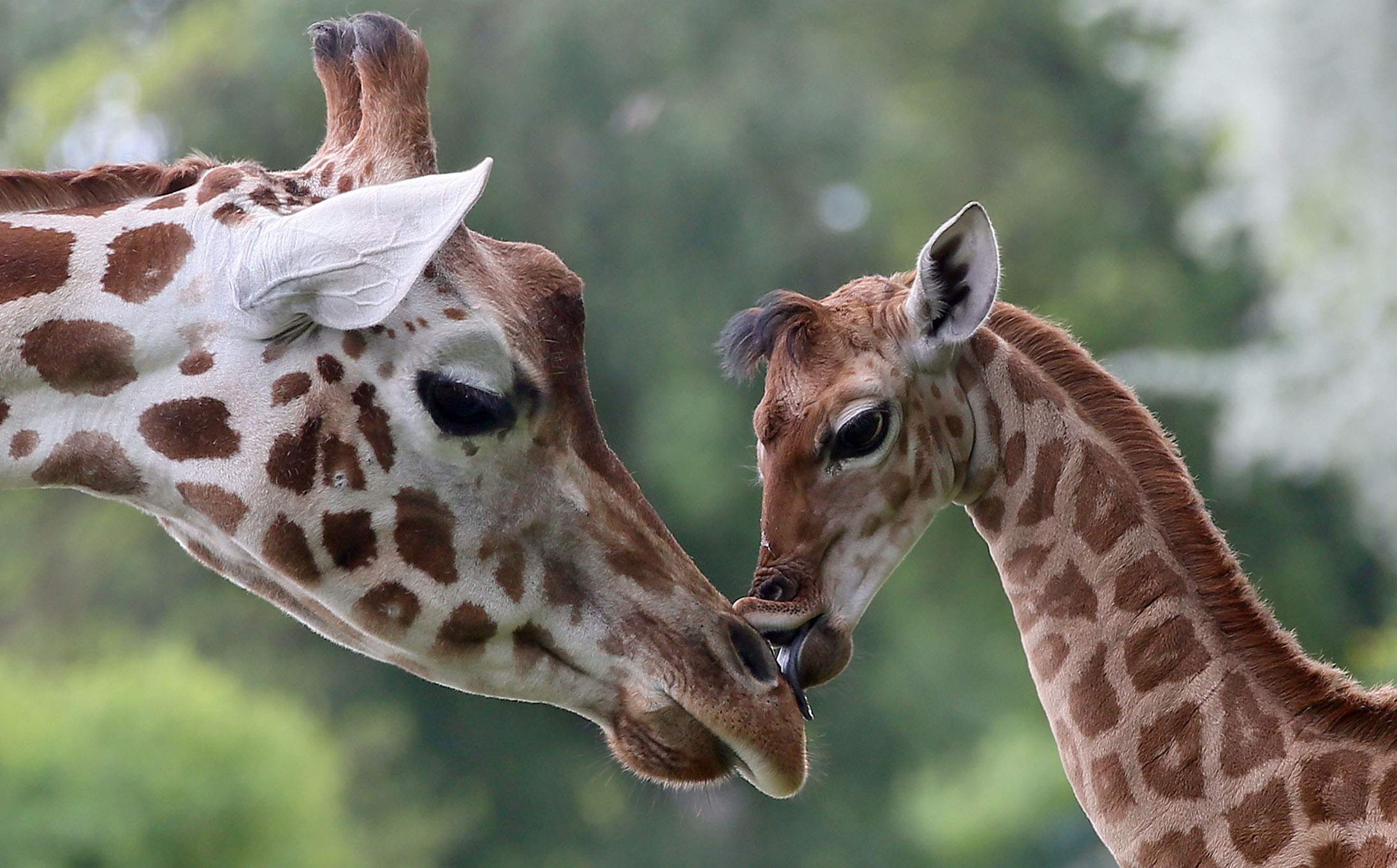 Tess Thompson Talley: outrage over image of US hunter with giraffe she shot dead
Tess Thompson Talley: outrage over image of US hunter with giraffe she shot deadSpeed Read The 37-year-old said killing animal fulfilled ‘once-in-a-lifetime dream’